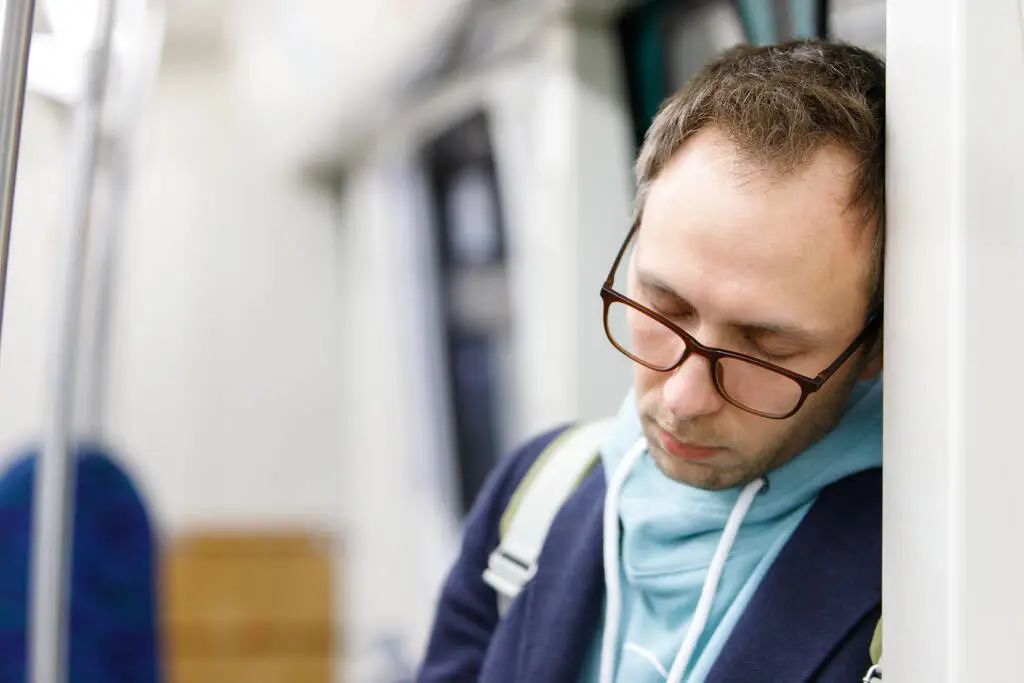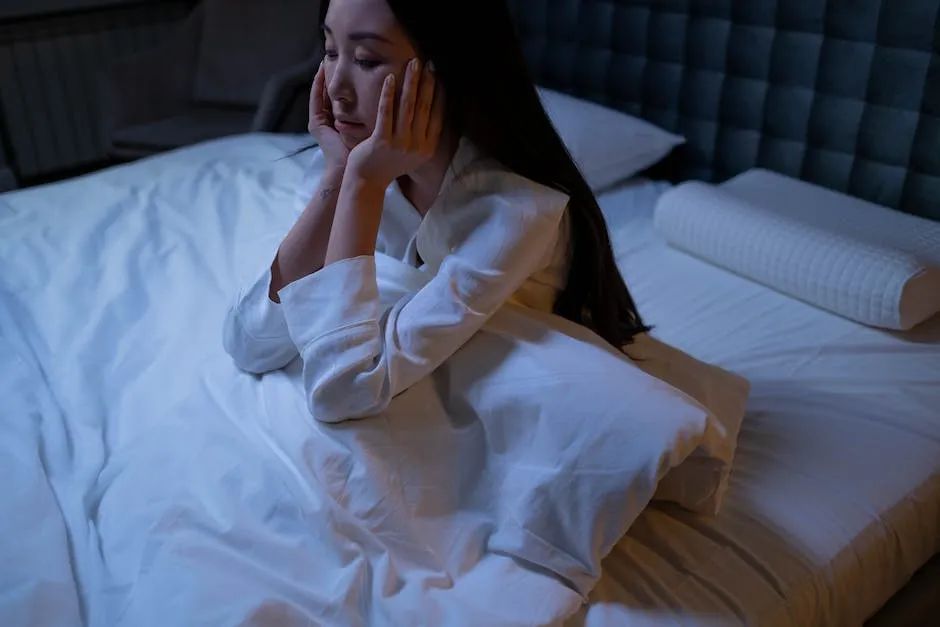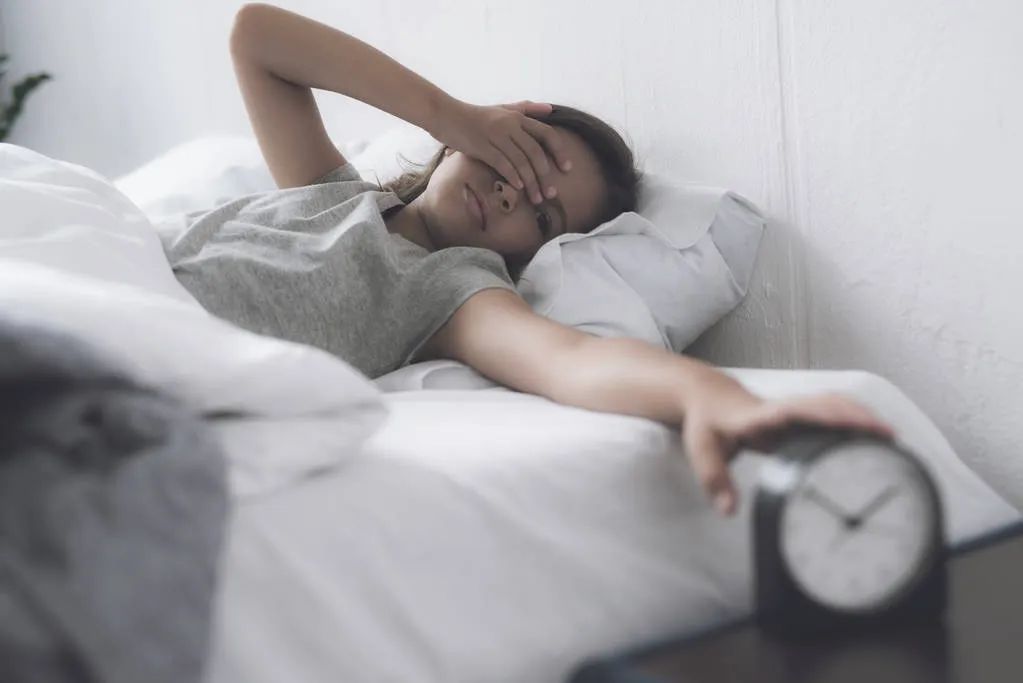Another Young Man Who Stayed up Late and Suffered a Cerebral Hemorrhage Needs a Wake-up Call
Staying up late can quadruple the risk of stroke. The study found that middle-aged and older adults who slept less than six hours a night were four times more likely to have a stroke than those who slept seven to eight hours a night. A 23-year-old man from Nanning, South China's Guangxi Zhuang Autonomous region, suffered a brain hemorrhage after staying up late playing video games for a week after working the night shift.

The doctor said: "If the rescue is not as likely to appear brain death, after emergency surgery, the patient can recover, people are more sober, the left limb function has some hemiplegia, but also do late rehabilitation training."
Many young people prefer the quiet and abundant night time to the noisy and busy day. Many people are reluctant to go to bed and prefer to do what they want to do at night. Some young people even feel that they can stay up at will and get revenge for staying up late.
Many people who are overwhelmed by work and life in the daytime choose to recover some of their own leisure time at night: go to sleep after watching this episode, check social media again before going to bed, get a sudden inspiration, and stay up for a while. The psychological definition of this condition is "revenge bedtime procrastination," and you know it's unhealthy, but you just can't control your body.

Here are some suggestions about the effects of going to bed late on your health:
Sleep late affect gastrointestinal function, easy to indigestion.
Sleeping late can lead to memory loss, poor concentration and forgetfulness.
Sleeping late can lead to excessive eye use, aging the eyes and affecting vision.
Sleeping late interferes with liver detoxification.
Going to bed later may increase breast cancer risk in women.
Sleeping late can lead to an imbalance of internal organs, irregular heartbeat, endocrine disorders.
Sleeping late can cause insomnia, forgetfulness, and irritability.
Sleeping late will lead to weakened immunity and susceptibility to disease.
Sleep late will make skin moisture loss, prone to wrinkles, aging quickly.

Staying up late often = playing with your life,
raising your risk of early death by 10%!
Although we all know that staying up late is bad for us, more and more people are joining the group of late sleepers for whom it has become a regular occurrence.
A study jointly conducted by the University of Surrey and Northwestern University in the United States and published in the journal Chronobiology International is the first to focus on the risk of death from late nights. It provides solid evidence that late nights really do kill people. It not only makes people lose their best looks, but also makes them more weak. Making the risk of early death as high as 10 percent.
The researchers tracked data from 430,000 British users aged 38 to 73, tracking their health, whether they died and why for an average of six and a half years. Nearly 20 percent of the 10,500 deaths during the study were from heart attacks, and those who stayed up late were 10 percent more likely to die than those who didn't. The researchers say the overall death toll is staggering when scaled up to the national population level.

The study also showed that "late sleepers" are more likely to suffer from cardiovascular disease, diabetes, respiratory disease, gastrointestinal disease and mental illness. They may also be out of sync with society because of insufficient exercise and sleep, and in order to keep up with social habits, they face long-term mental stress and are more likely to smoke, drink or even take drugs. Which in turn causes damage to the body and increases the chances of an early death. The team also suggested keeping to a normal routine to keep up with the pace of modern life, for the sake of everyone's health.
According to an article in Beijing Youth Daily, studies have shown that the direct focus of sudden death caused by staying up late for a long time is not brain, heart and cardiovascular diseases, but the accumulation of oxides in the intestine, which makes cells unable to absorb nutrients from the outside, leading to cell death, aging tissues and organs, and even inducing more than 200 diseases, including cardiovascular diseases, neurological diseases and tumors. This directional conclusion overturns the conventional wisdom of the public and provides a direction for future treatment. While this is optimistic news, it does not rule out that some people will be more willing to stay up once targeted drugs and treatment options are available.
In fact, the reduction of sleep time is not a good thing for modern people, but the self-indulgent deprivation of normal sleep and the reversal of the biological schedule has actually become a disease, once the formation of mass effect and cultural phenomenon, will also become a social problem. In a sense, this is another way of presenting the culture of mourning. So while taking care of your gut may prevent you from dying late at night, don't forget to sleep itself. This is not only a scientific problem, but also a social problem.
Don't stay up all night. Although we are tired of saying it, there are still people who stay up all night. However, it is important to remind everyone not to stay up late, maintain the body's natural clock and live a healthier life.



